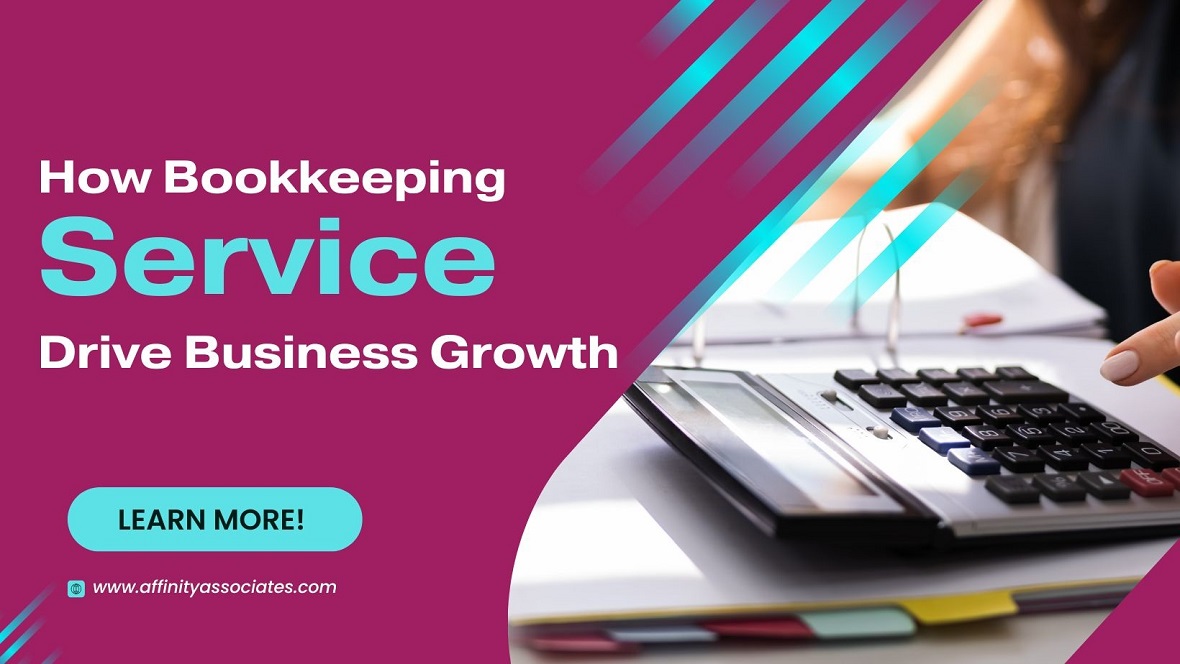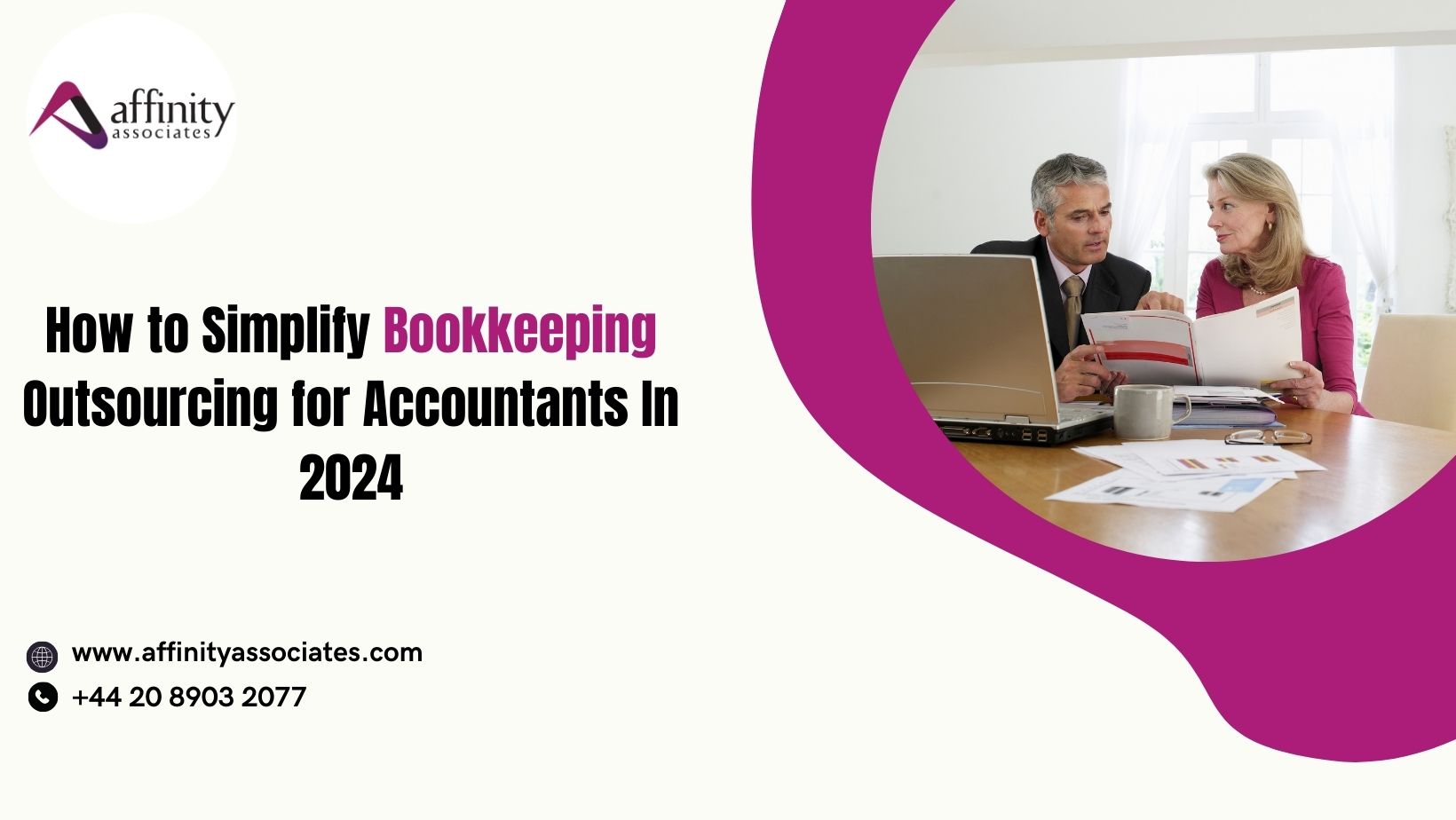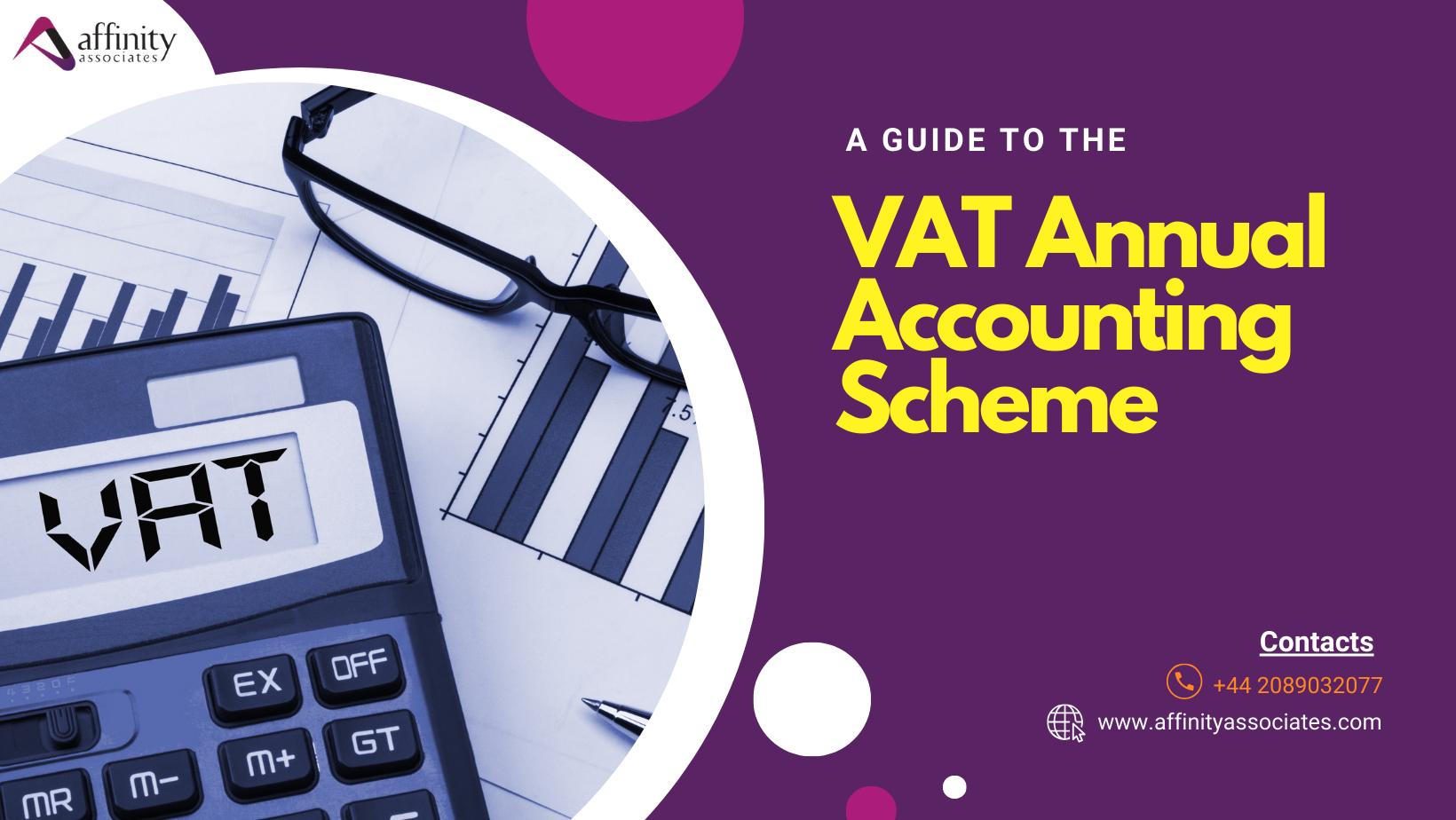How Bookkeeping Services Drive Business Growth

Bookkeeping serves as the bedrock of financial management, providing businesses with a comprehensive record of their financial transactions and performance. At its core, bookkeeping entails the meticulous recording, organising, and managing of financial data, ensuring accuracy and reliability. For businesses, the importance of effective bookkeeping cannot be overstated, as it lays the foundation for informed decision-making, strategic planning, and compliance with regulatory requirements. Affinity Associates understands the pivotal role that bookkeeping plays in driving business growth and offers tailored solutions to meet the diverse needs of its clients.
Understanding Bookkeeping Services
Bookkeeping services encompass a range of tasks aimed at maintaining accurate financial records and ensuring compliance with accounting standards. From basic bookkeeping, which covers essential financial tasks such as recording income and expenses, to full-service solutions that provide comprehensive financial management, businesses have various options to choose from. Affinity Associates prides itself on offering virtual Bookkeeping Services, leveraging advanced technology to deliver efficient and cost-effective solutions to clients across different industries. With specialised expertise in areas such as tax compliance and industry-specific regulations, Affinity Associates ensures that clients receive tailored bookkeeping services that align with their unique requirements.
The Role of Bookkeeping in Business Growth
Accurate financial records are indispensable for businesses seeking to drive growth and profitability. By maintaining meticulous records of income, expenses, and other financial transactions, businesses gain valuable insights into their financial health and performance. This data serves as the foundation for informed decision-making, enabling businesses to identify areas of opportunity, allocate resources effectively, and mitigate risks. Affinity Associates recognizes the critical role that bookkeeping plays in supporting business growth and provides clients with timely, accurate financial information to inform strategic decisions and drive success.
Benefits of Professional Bookkeeping Services
Professional bookkeeping services offer a multitude of benefits for businesses seeking to streamline their financial management processes and drive growth. By outsourcing bookkeeping tasks to qualified professionals, businesses can ensure the accuracy and reliability of their financial data, freeing up valuable time and resources to focus on core activities. Affinity Associates’ team of experienced bookkeepers provides clients with the expertise and specialised knowledge needed to navigate complex financial landscapes and achieve their growth objectives. With scalable solutions tailored to meet the evolving needs of businesses, Affinity Associates empowers clients to maximize their potential and thrive in competitive markets.
How Bookkeeping Drives Business Growth
Beyond maintaining accurate financial records, bookkeeping plays a pivotal role in driving business growth through various avenues. Improved financial management, facilitated by precise bookkeeping, allows businesses to effectively budget, manage cash flow, and identify cost-saving opportunities. With insights gleaned from financial reports, businesses can make data-driven decisions, identifying profitable ventures and allocating resources strategically. Moreover, adherence to compliance and regulatory requirements, ensured by robust bookkeeping practices, reduces the risk of penalties and legal issues, thereby enhancing the company’s reputation and credibility. By streamlining operations through automation and digitalization, bookkeeping services optimise efficiency, allowing businesses to focus on core activities essential for growth. Affinity Associates recognizes the multifaceted impact of bookkeeping on business growth and provides comprehensive solutions tailored to meet the diverse needs of its clients.
How to Choose the Right Bookkeeping Service Provider
Selecting the right bookkeeping service provider is crucial for businesses seeking to leverage bookkeeping as a driver of growth. Affinity Associates offers guidance on key considerations when choosing a bookkeeping service provider. Firstly, businesses should assess their specific needs and requirements, considering factors such as transaction volume, industry regulations, and growth objectives. Secondly, evaluating the expertise and experience of potential service providers is essential, ensuring they possess the necessary qualifications and industry knowledge to meet the business’s needs. Additionally, businesses should consider the technology and tools used by service providers, ensuring compatibility with existing systems and processes. Lastly, reviewing client testimonials and references provides valuable insights into the quality of service and customer satisfaction. By carefully evaluating these factors, businesses can select a bookkeeping service provider that aligns
Conclusion
In conclusion, the role of bookkeeping in driving business growth cannot be overstated. From maintaining accurate financial records to providing invaluable insights for decision-making, bookkeeping services serve as a cornerstone of financial management. Affinity Associates stands at the forefront of delivering professional bookkeeping solutions tailored to their full potential and achieving sustainable growth. By outsourcing bookkeeping tasks to Affinity Associates, businesses can benefit from accurate financial reporting, streamlined operations, and compliance with regulatory requirements. The case studies highlighted demonstrate the tangible impact of professional bookkeeping services on business success, while the guidance provided on selecting the right service provider equips businesses with the tools to make informed decisions. As businesses navigate the complexities of today’s economic landscape, investing in professional bookkeeping services offered by Affinity Associates is not just a sound financial decision but a strategic imperative for driving long-term growth and prosperity. Trust in Affinity Associates to be your partner in financial success, providing the expertise and support needed to thrive in a competitive business environment.









